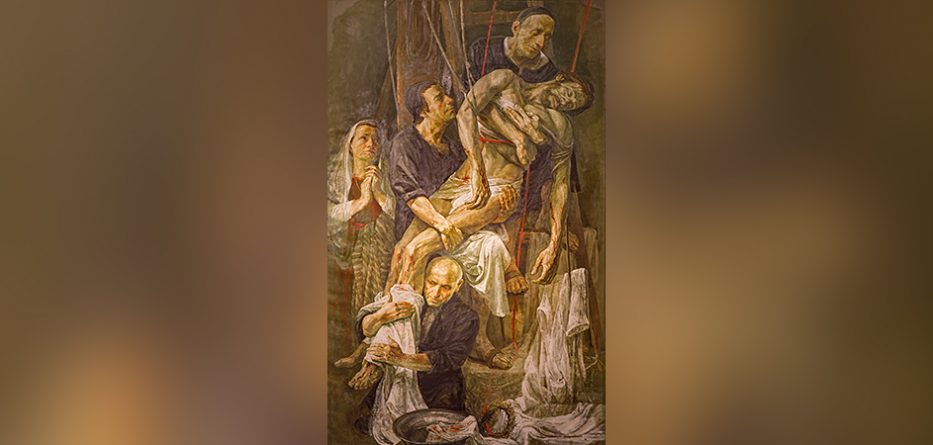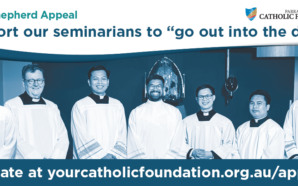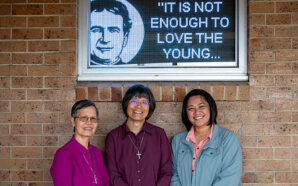Why is it that we sense some people are not really present to us and are simply just unable to listen?
The great German theologian, JB Metz, gives a good answer to this question, in his spiritual classic, Poverty of Spirit. Metz believed the lack of ‘poverty of spirit’ in our relationships with others damages our capacity to communicate the Good News. He wrote:
Every genuine human encounter must be inspired by poverty of the spirit. We must forget ourselves in order to let the other person approach us. We must be able to open up to the other person, to let that person’s distinctive personality unfold—even though it often frightens or repels us. We often keep the other person down, and only see what we want to see; thus we never really encounter the mysterious secret of their being, only ourselves. Failing to risk the poverty of encounter, we indulge in a new form of self-assertion and pay a price for it: loneliness. Because we did not risk the poverty of openness (cf. Matthew 10:39), our lives are not graced with the warm fullness of human existence. We are left with only a shadow of our real self.
We, disciples of Jesus, are all called, in the first of the Beatitudes, to arrive at an inner poverty of spirit, an inner nothingness and openness to Christ.
Whether we arrive there as a result of our sins (more usually), or as a result of our virtues, matters not at all, provided we become poor with the poor Christ. Struggling through this ‘becoming’ process, with our eyes fixed on the poor Christ, is a large part of our inner journey as disciples.
Martin Laird OSA, in his book Into the Silent Land, describes it poetically as ‘the liturgy of our wounds’. Unquestionably, it is a long and demanding task for most of us. It certainly is for me. For there is a deeply ingrained tendency to recoil from my own brokenness, to judge it as others have judged it, to loathe it as I have been ‘taught’ over a lifetime to loathe it. In doing this I avoid what God, in Christ, draws close to and embraces.
God meets us then at that precise point where we are most in need, in our poverty and brokenness.
One remarkable contemporary witness to this Beatitude of ‘poverty of spirit’ was Fr Pedro Arrupe SJ, former general of the Jesuits. On a recent occasion, I had the privilege of praying at his tomb in the famous Church of the Gesù—the Mother Church of the Society of Jesus in Rome—where St Ignatius, a fellow Basque, lived and prayed.
A marvellous new painting blessed by Pope Francis now adorns a side chapel there. It commemorates the 200th anniversary of the restoration of the Society of Jesus. It powerfully witnesses to Fr Arrupe’s humble service at ‘the foot of the Cross’ (among others represented) in the mission of the Jesuits for the wider kingdom.
Fr Arrupe was not only a marvellous leader of the Jesuits for many years, he was above all a man of deep prayer and a free man of profound inner poverty of spirit.
He is a wonderful example of how we too can live this beatitude as we seek conversion in our lives.
This article is part of a series of reflections entitled Blessed Are You: Meditations on the Beatitudes & Daily Life by Br Mark O’Connor FMS.
Br Mark O’Connor FMS is the Vicar for Communications in the Diocese of Parramatta.








